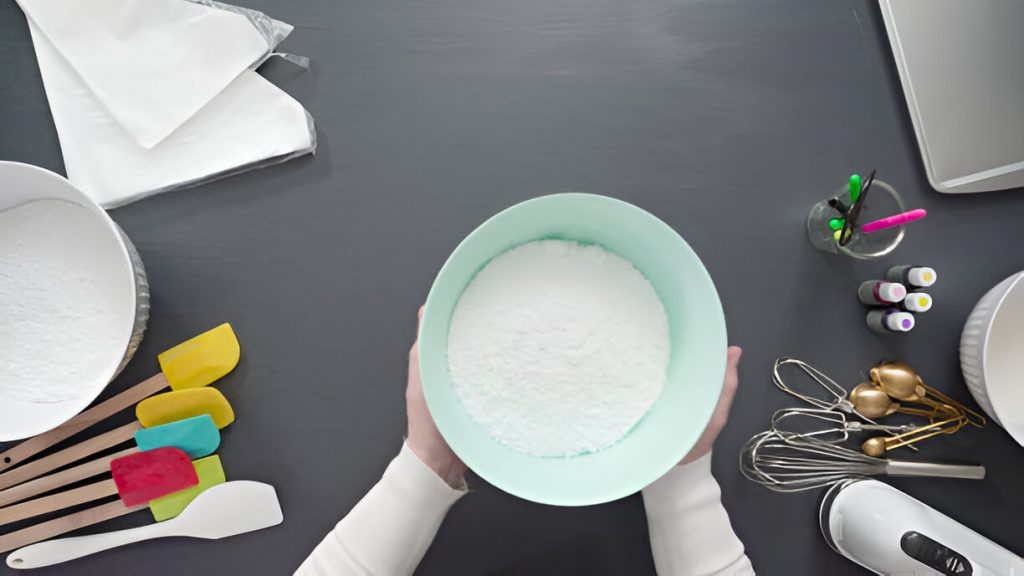Coffee contains higher levels of caffeine than tea. The efficiency of caffeine extraction in coffee surpasses that of tea. Factors like brewing methods and oxidation levels influence caffeine concentration. Black tea has more caffeine than green tea, while herbal teas provide caffeine-free alternatives. Understanding these distinctions can help you make informed choices based on your caffeine preferences.
Caffeine Content in Coffee Vs. Tea
When comparing the caffeine content in coffee versus tea, it is evident that coffee generally contains higher levels of caffeine per cup due to the brewing process and the inherent nature of the beans and leaves. The process of caffeine extraction during brewing in coffee is more efficient compared to the steeping process in tea. Brewing techniques play a crucial role in determining the final caffeine concentration in each beverage. Caffeine absorption in the body differs between coffee and tea due to their distinct chemical compositions. Metabolism of caffeine also varies depending on whether it is consumed through coffee or tea. Moreover, individuals develop different levels of caffeine tolerance based on their regular intake patterns. Understanding these factors is essential for assessing the impact of caffeine consumption from coffee and tea on overall health and well-being.
Variability of Caffeine Levels
The variability of caffeine levels in coffee and tea is influenced by factors such as the type of beans or leaves used and the brewing or steeping process. When considering caffeine levels, several key elements come into play:
- Caffeine metabolism: Each individual metabolizes caffeine at a different rate, impacting how long it stays active in the body.
- Caffeine tolerance: Regular consumption of caffeine can lead to tolerance, requiring higher doses to achieve the same effects.
- Caffeine sources: Coffee and tea are not the only sources of caffeine; sodas and energy drinks also contribute to daily intake.
- Caffeine absorption: The way caffeine is absorbed into the bloodstream varies between individuals, affecting its overall impact on the body.
Understanding the interplay of these factors is crucial in gauging the effects of caffeine consumption on an individual’s sensitivity and overall well-being.
Factors Affecting Caffeine Levels
Factors influencing caffeine levels include the type of tea or coffee bean used, the processing methods, and the brewing techniques employed. Harvesting methods and oxidation affect tea caffeine content, with black tea having higher levels due to increased oxidation during processing. Different tea types undergo varying levels of oxidation impacting caffeine variability. Coffee species, such as robusta or arabica, determine caffeine levels, with robusta beans generally containing more caffeine. Extraction methods during brewing also play a crucial role in caffeine levels. Here is a breakdown of the factors affecting caffeine levels in tea and coffee:
| Tea Factors | Coffee Factors |
|---|---|
| Harvesting methods, oxidation | Coffee species, extraction |
| Tea processing, brewing | Caffeine variability, oxidation |
| Brewing techniques, caffeine levels |
Understanding these factors can help you make informed choices about your caffeine intake based on your preferences and desired caffeine levels.
Health Benefits of Coffee and Tea
To understand the health benefits of coffee and tea, consider their respective roles as sources of antioxidants and polyphenols in the diet.
- Antioxidant benefits: Both coffee and tea are rich in antioxidants, which help combat oxidative stress in the body and reduce the risk of chronic diseases.
- Energy boost: The caffeine in coffee and tea can provide a temporary energy boost, enhancing alertness and reducing fatigue.
- Cognitive enhancement: Components in coffee and tea have been linked to improved cognitive function, memory, and focus.
- Metabolism support: Certain compounds in coffee and tea may aid in metabolism regulation, potentially assisting in weight management.
These beverages have been associated with various health benefits, including disease prevention. Enjoying coffee and tea in moderation as part of a balanced diet can contribute positively to overall well-being.
Brewing Processes of Coffee and Tea
Considering the health benefits of coffee and tea, exploring the brewing processes of these beverages sheds light on their preparation methods and how they influence the final product. When comparing the brewing processes of coffee and tea, several key factors come into play, such as temperature differences, extraction processes, freshness impact, chemical structure, and age effects.
| Factors | Coffee | Tea |
|---|---|---|
| Temperature | Higher temperatures | Lower steeping temperatures |
| Extraction Process | Longer brewing time | Shorter steeping time |
| Freshness Impact | Generally fresher | Can vary in freshness levels |
| Chemical Structure | Complex compounds released | Polyphenols and antioxidants extracted |
| Age Effects | Tastes best when fresh | Can lose flavor with aging |
These differences in brewing methods contribute to the distinct flavors and caffeine content found in brewed coffee and tea. Understanding these processes can help individuals appreciate the nuances of their favorite beverages and make informed choices based on their preferences.
Caffeine Concerns and Guidelines
An understanding of caffeine concerns and guidelines is crucial for safe and informed consumption.
- Safe consumption: It is recommended to limit daily caffeine intake to 400 mg or 4 cups of coffee to avoid adverse effects.
- Daily limits: The USDA and EFSA suggest a safe caffeine intake of up to 400 mg per day.
- Health effects: Regular consumption can lead to chronic headaches and migraines, while high doses may result in anxiety and sleep issues.
- Individual sensitivity: Consider your health conditions, and pregnant or breastfeeding women should consume no more than 200 mg of caffeine per day.
Caffeine Content Comparison
Tea and coffee differ significantly in their caffeine content levels. Caffeine extraction, absorption, metabolism, tolerance, and sensitivity play crucial roles in understanding the disparity. Coffee, with a typical range of 95-200 milligrams per cup, has a higher caffeine content compared to black tea, which usually contains 14-70 milligrams per cup. The brewing process of coffee involves higher temperatures and longer extraction times, leading to a more efficient caffeine extraction. Factors like the type of coffee bean and brewing method influence the final caffeine concentration. Conversely, tea, including black, green, and white varieties, has lower caffeine levels due to differences in processing and brewing techniques. The oxidation process in black tea enhances caffeine extraction during steeping. Understanding individual caffeine tolerance and sensitivity is essential for regulating intake, as excessive consumption can lead to adverse effects like anxiety and restlessness. By grasping these caffeine-related factors, you can make informed choices between tea and coffee based on your preferences and health considerations.
Tea Varieties and Caffeine Content
When exploring the caffeine content of different beverages, variations in caffeine levels across various tea varieties are influenced by factors like processing methods and brewing techniques.
- Matcha potency: Matcha green tea can have higher caffeine content due to consuming the whole leaf ground into a powder.
- Yerba mate: Yerba mate contains approximately 85 mg of caffeine per cup, making it a potent option compared to other teas.
- White tea: White tea delivers a milder caffeine kick, containing around 15-30 mg per cup, suitable for those seeking a lighter option.
- Herbal alternatives: Herbal teas, such as chamomile or peppermint, provide caffeine-free alternatives for individuals looking to avoid stimulants while enjoying a soothing beverage.
These variations in caffeine content offer a spectrum of choices for consumers, allowing them to select beverages based on their desired caffeine intake levels or preference for caffeine-free options.




